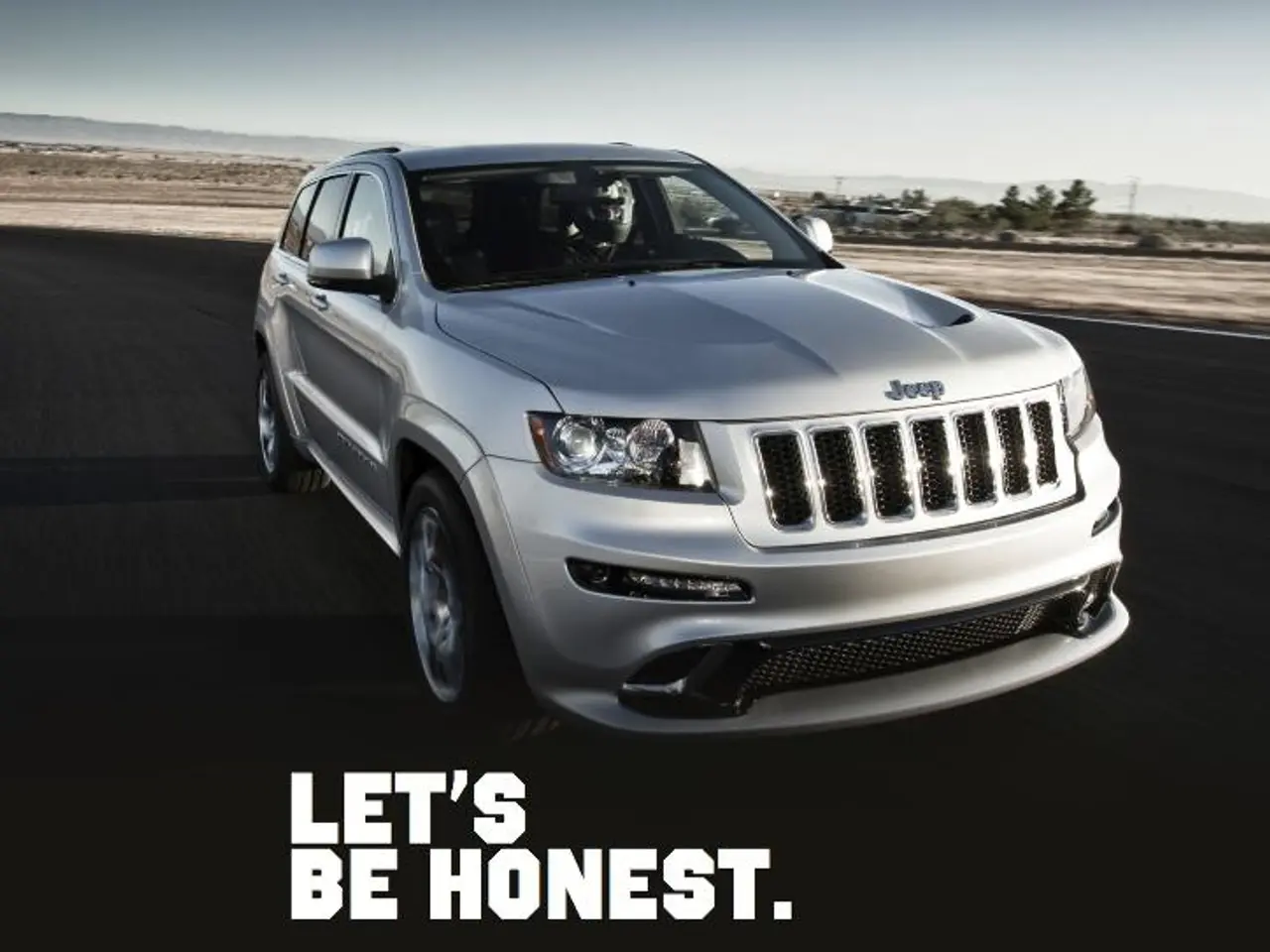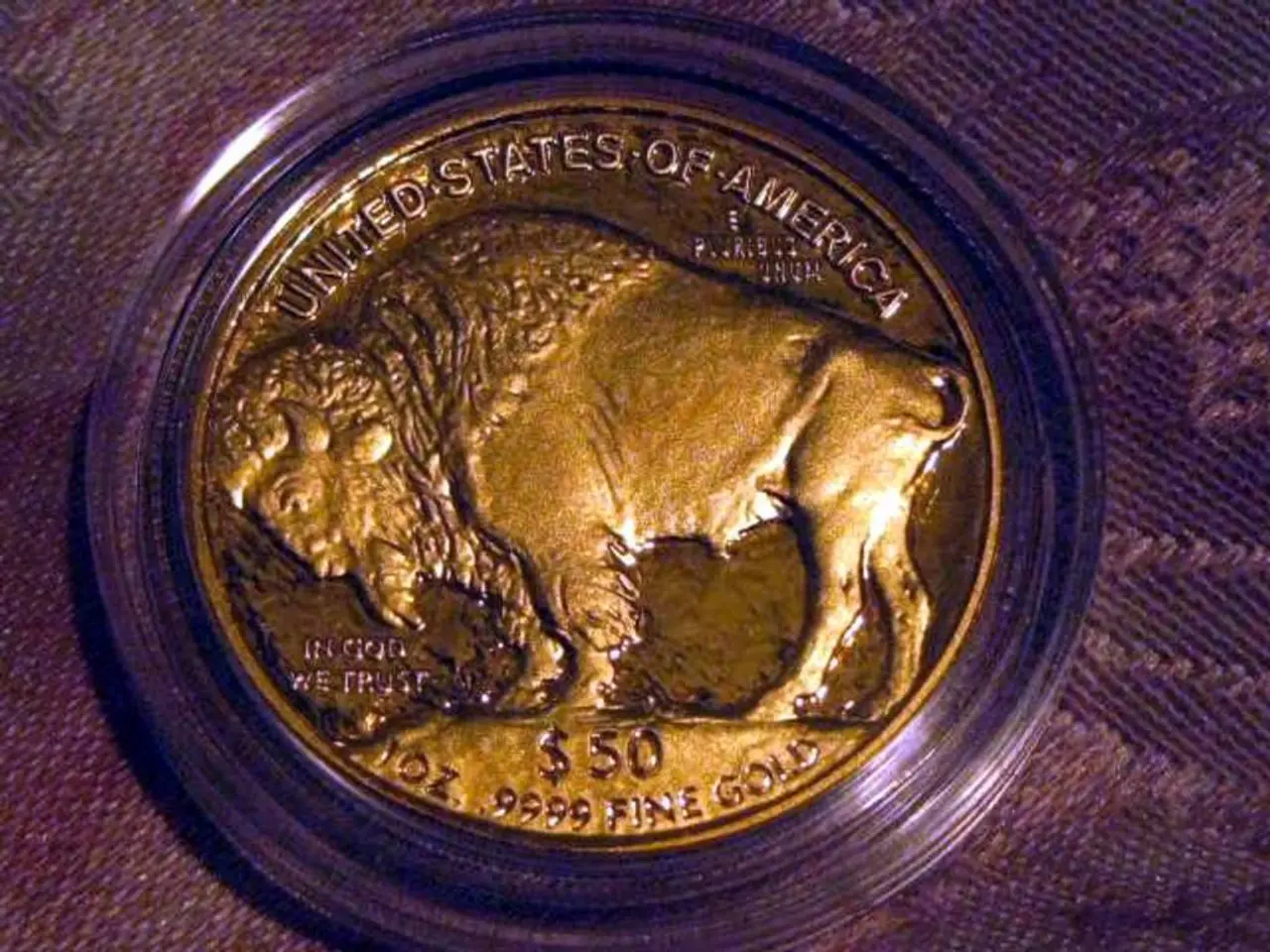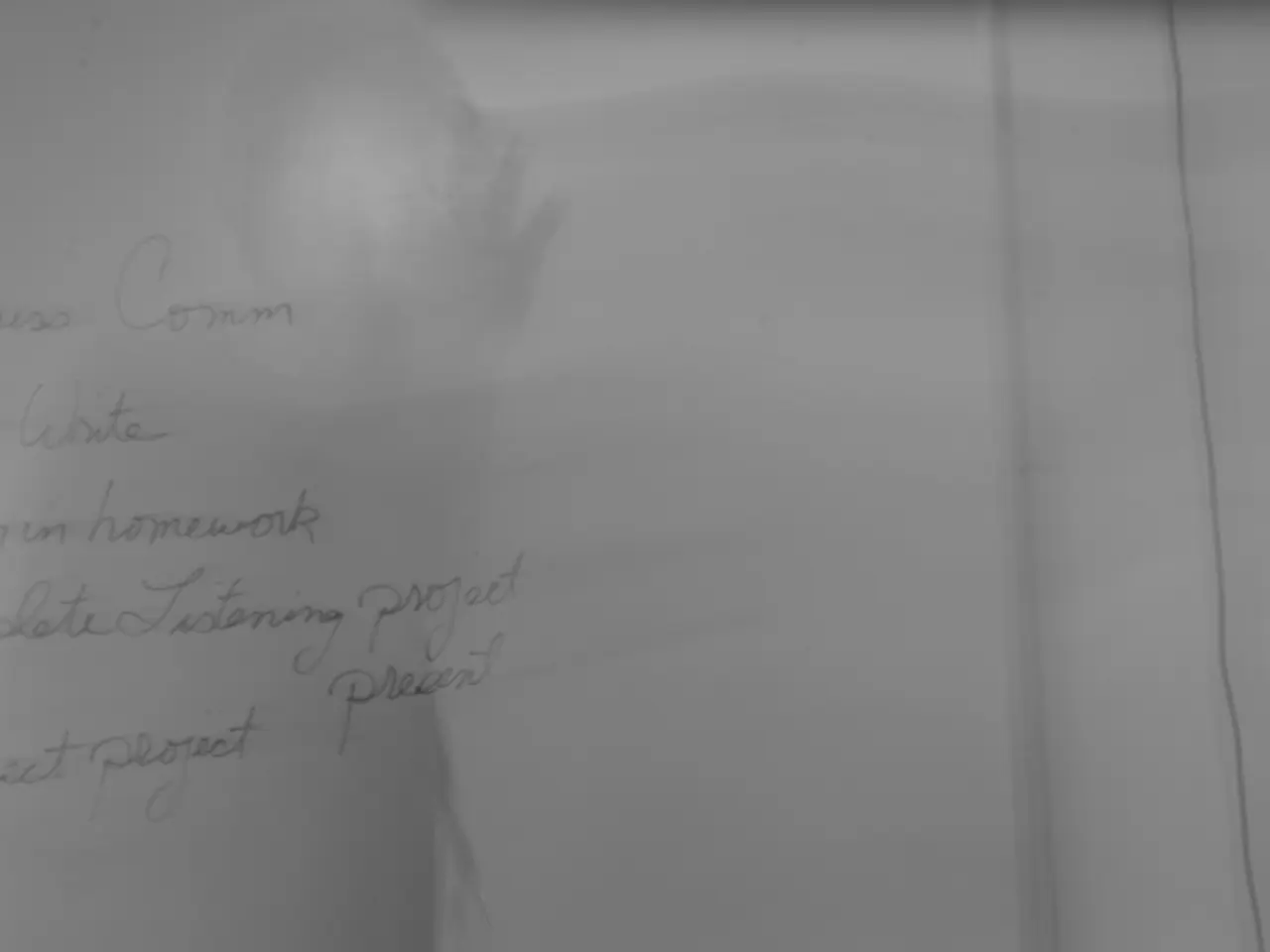Plummet of Porsche's profit by a staggering 91% during the second quarter reported
Porsche, the luxury car manufacturer owned by Volkswagen Group, faced a significant drop in operating profit in Q2 2021. The decline was primarily attributed to two key factors: a plunge in demand in China and the impact of US tariffs and currency effects.
Sales in China, a crucial growth market for Porsche, fell sharply by 28% in vehicle sales during the first half of 2021. This steep decline was due to a severe price war, particularly in the electric vehicle (EV) segment. Porsche, which sold 95,700 cars in China in 2021, is now expected to sell less than half that number this year.
The Trump administration’s tariffs, imposing a 27.5% duty on cars and parts entering the US, added roughly $1.4 billion in costs for Volkswagen Group. This tariff hike significantly weighed on operating margins, which are forecast to shrink dramatically from 14.1% in 2024 to between 6.5% and 8.5%, potentially as low as 5%-7% for Porsche specifically in 2021. The U.S. dollar’s sharp decline against the euro also exacerbated financial pressure.
Porsche also faced lower EV adoption rates than expected, causing it to revise its target share of fully-electric cars significantly downward and complicating efforts to meet CO2 emission regulations. This transition period reduced profitability, as EVs typically yield lower margins compared to combustion engine vehicles.
In response to this decline, Porsche has announced several cost-cutting measures. The company is planning job cuts, aiming to reduce its workforce by 10%. Porsche is also replacing half its senior management, bringing in four new C-suite executives to lead key areas such as finance, sales & marketing, personnel, and procurement to drive strategic restructuring and cost discipline.
Furthermore, Porsche is actively re-evaluating its product and market focus, especially regarding EV investments, to align costs with the new market realities. While the company has not disclosed all specific operational changes, these measures aim to mitigate the pressures from tariff costs, declining sales in China, and the challenging transition to electrification while safeguarding operational profitability in a volatile global market.
Despite these challenges, Porsche's revenue for Q2 2021 was approximately 8.3 billion euros, a decrease of around 12.9%. Porsche's operating profit in Q2 2021 was 154 million euros, a decrease of 91% compared to the same quarter last year (approximately 1.7 billion euros).
Meanwhile, Volkswagen Group's core brand, VW, made an operating profit of 991 million euros in Q2 2021, significantly outperforming Porsche and Audi combined. This financial success was higher than the combined financial success of Porsche and Audi in Q2 2021, making VW the profit leader within the group in daily operations during Q2 2021.
Porsche, however, has contributed significantly to the financial stability of the Volkswagen Group in recent years, despite lower sales. The company is now focusing on its transition to e-mobility, requiring significant investments. Another savings program is in the works at Porsche, as the company continues to navigate the challenging global market conditions.
[1] [Source 1] [2] [Source 2] [3] [Source 3]
- The sports industry, specifically automotive business, has been influenced by global market conditions, with Porsche, a luxury car manufacturer, experiencing a decline in operating profit due to factors such as reduced demand in China, US tariffs, and currency effects.
- The decline in vehicle sales in China, particularly in the electric vehicle (EV) segment, has impacted Porsche significantly, leading to a revision of its target share of fully-electric cars and complicating efforts to meet CO2 emission regulations.
- To mitigate pressures from these factors, Porsche is taking cost-cutting measures, including job cuts, senior management replacements, and re-evaluating its product and market focus, particularly regarding EV investments, to align costs with new market realities.




